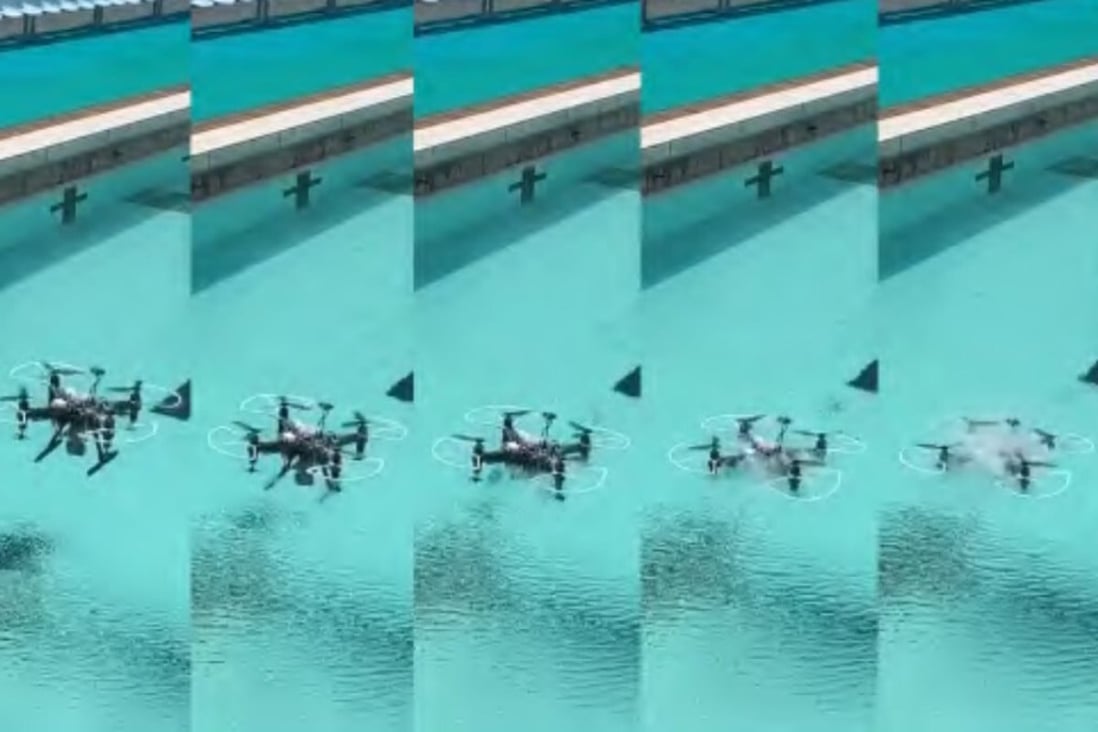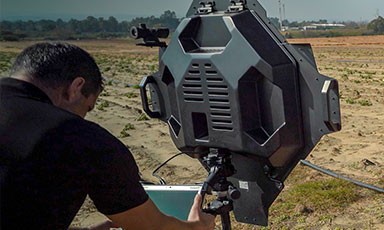
During a deployment, a service member can no longer rely on traditional phone calls to keep in touch with loved ones. Instead, they can access email, IM and Internet videos. The availability of Internet service in both countries limits the tools available. Service members often have to pay extra to get a phone or Internet connection while deployed.
The majority of Soldiers will have access not only to email but also to Internet video phones. Some may have access to a cell phone or laptop to communicate with loved ones at home.
However, Army rules regulate online behavior. They can be disciplined if a Soldier breaks these rules. They can be disciplined with Article 15, revocation of pass privileges or correctional training, depending on their severity. They may also be sent counseling or have their off-post living privileges revoked. These violations may also violate federal laws.

Online behavior of Soldiers can also reflect on their Army membership. They must treat everyone with respect and live Army values offline. This includes a refusal to participate in partisan political activity or participate in organized communication campaigns on behalf of a political party. This includes the right to use social media for personal opinions. Army personnel are responsible also for their online content. They are required to adhere to the UCMJ in all instances.
U.S. soldiers can also receive care packages through the military postal service. However, the postal service may limit communication while stationed overseas.
Service members can also use social media to share their opinions about political issues. They should be cautious about engaging in online partisan political activity. They must express their opinions individually and not as members or supporters of a political party. They are not allowed to speak in interviews as supporters of or against a party.
Many service members will get laptops that can be used with an email address during a deployment. Some service members will have access to Internet video phone, while others will have only email access. Some people may have to wait in line to send or get mail. These delays can be frustrating to loved ones, but technology makes it easier for service members to stay in touch.

For civilian communication, service personnel can also use the Internet. They can make calls using Skype or Facebook Messenger. These services are similar in quality to video chat. The quality and time differences between the countries can affect the quality of the call. To make or receive calls from civilians, they don't have to pay any fees.
If a Soldier is unable to receive a mail or email, it is important to consider the motives of the sender. If they don't have an APO or FPO, it is likely that they are a scammer or catfish.